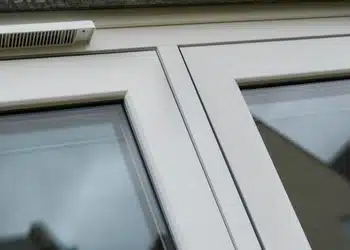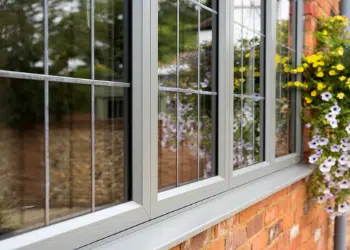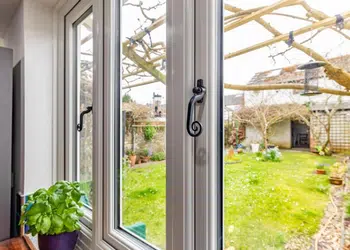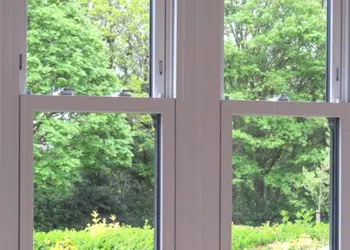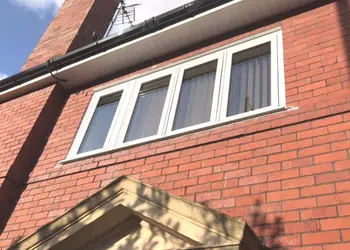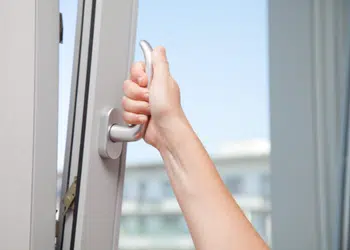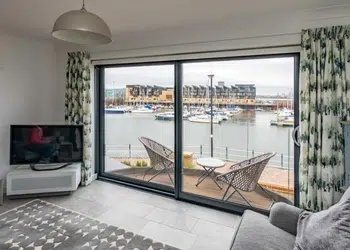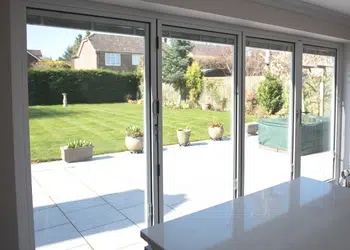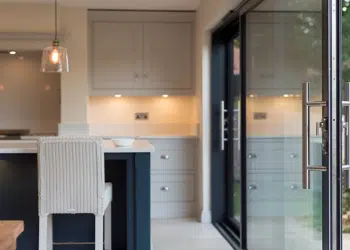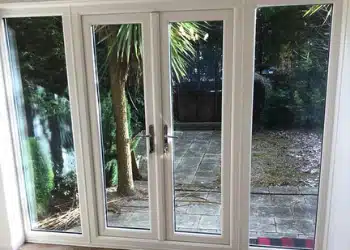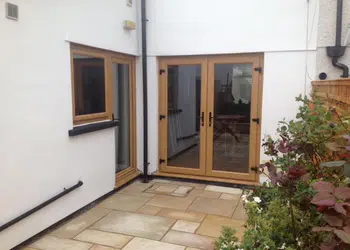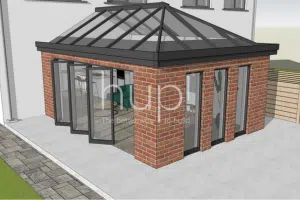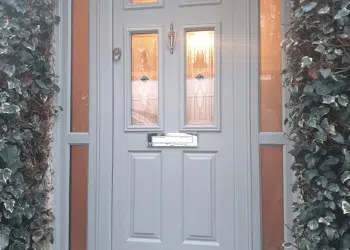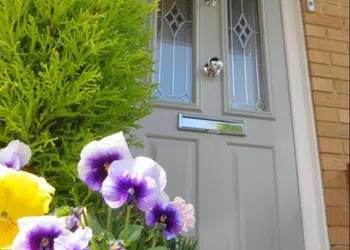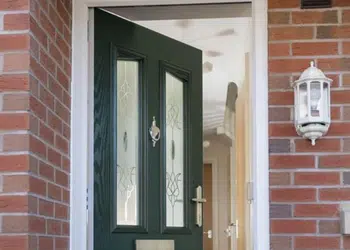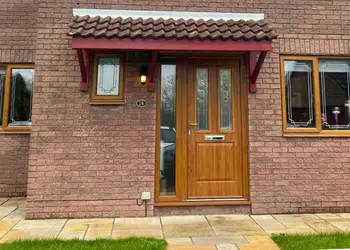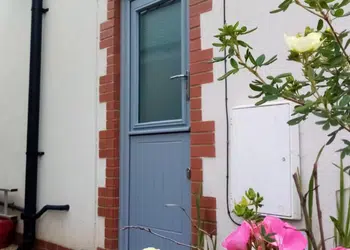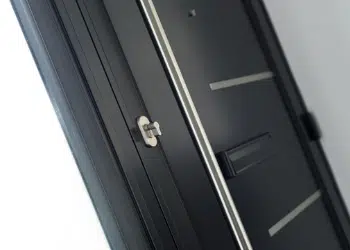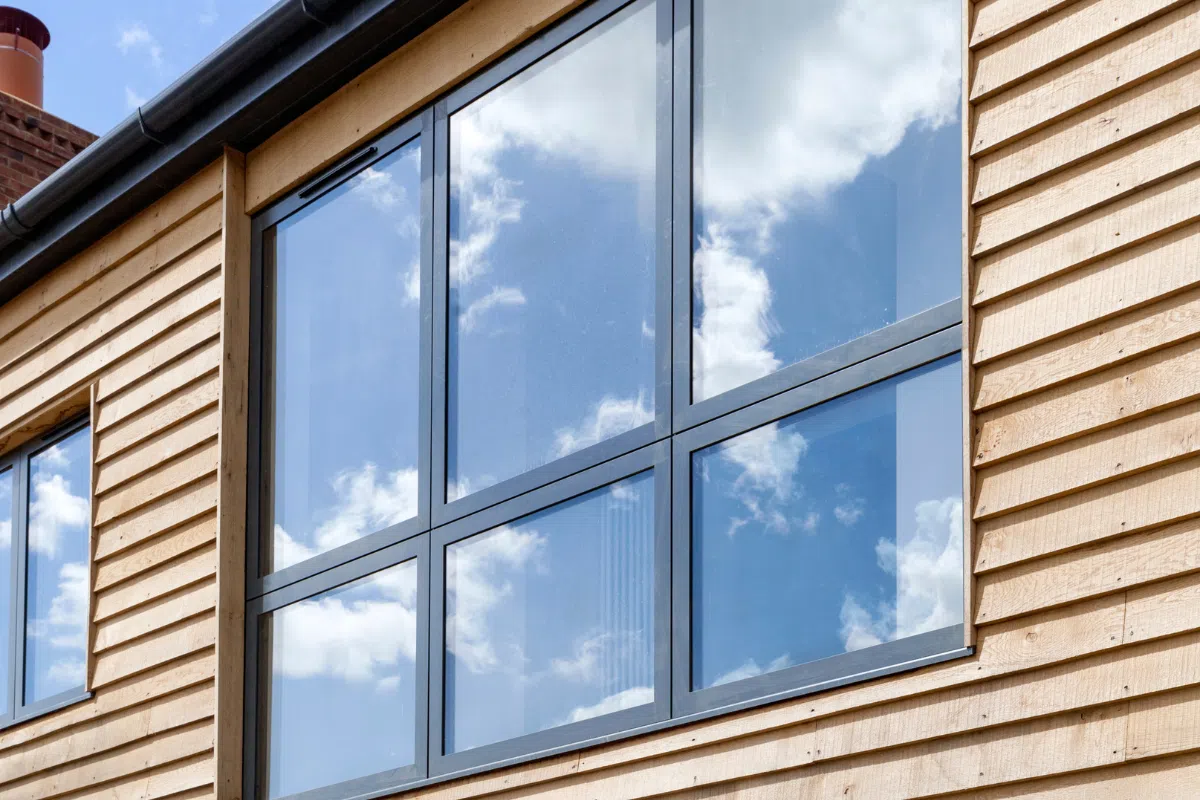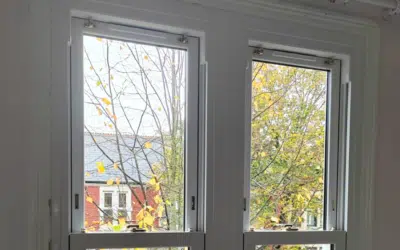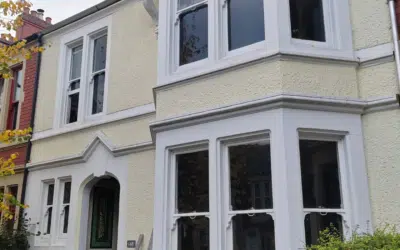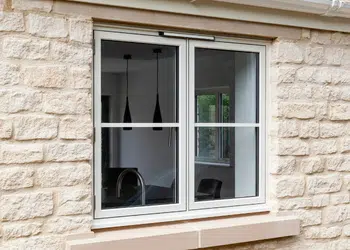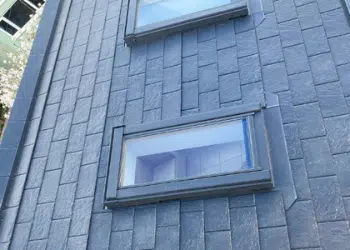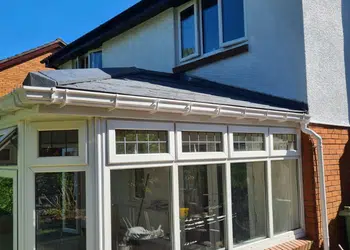Most of our enquiries for triple glazing result in a purchase of double glazing. Triple glazing has higher energy efficiecy than double glazing, but do the benefits outweigh the cost?
Modern glazing solutions are essential for homeowners who want to improve the security and energy efficiency of their homes. Unlike double glazing, which consists of two panes of glass with a layer of air in between, triple glazing has three panes of glass with two layers of air in between. In this article, we’ll explore the benefits and disadvantages of triple glazing compared to double glazing.
Benefits of Triple Glazing
Increased Energy Efficiency: Triple glazing provides better insulation than double glazing. The additional glass and air layer pane helps keep the heat inside the home during the winter and prevent heat from entering the house during the summer. This results in lower energy bills and increased comfort.
Improved Sound Insulation: Triple glazing can also provide better sound insulation than double glazing. The additional layer of glass and air helps to reduce noise from outside, making your home quieter and more comfortable.
Enhanced Security: The extra pane of glass in triple glazing makes it harder for intruders to break into your home. This can provide peace of mind and increased security.
Increased Property Value: Triple glazing can add value to your home, as it is a sought-after feature for many homebuyers. It can also make your home more attractive to potential buyers.
Disadvantages of Triple Glazing
Cost: Triple glazing is usually more expensive than double glazing due to the extra pane of glass and air layer. This can make it a less attractive option for homeowners on a tight budget.
Reduced Light Transmission: Triple glazing can reduce the natural light that enters your home. The extra pane of glass can make the windows appear darker, which may not be desirable for some homeowners.
Triple glazing provides many benefits for homeowners, including increased energy efficiency, improved sound insulation, enhanced security, and increased property value. However, considering the disadvantages, such as the higher cost, weight and reduced light transmission, is essential. Ultimately, the choice between triple glazing and double glazing will depend on your personal preferences, budget, and the specific needs of your home.
Where Would Triple Glazing be Beneficial?
There are certain situations where triple glazing can be beneficial. Here are some scenarios where triple glazing may be recommended:
Living in a Cold Climate: If you live in a region with harsh winters and low temperatures, triple glazing can provide better insulation and help to keep your home warm and comfortable. In the Uk, this may apply to coastal areas in the North, but mainly in South Wales, it is not necessary.
Living Near a Busy Road, Railway or Airport: If you live near a busy road or noisy area, triple glazing can provide improved sound insulation and reduce the noise entering your home.
Building a New Home: If you are building a new home, triple glazing can be a good investment for your home’s long-term energy efficiency and resale value.
Renovating an Older Home: If you are renovating an older home, triple glazing can help to improve energy efficiency and reduce heat loss.
South-Facing Windows: If you have large south-facing windows, triple glazing can help to reduce the amount of solar heat gain during the summer months, which can help to keep your home cool and comfortable.
In general, triple glazing is a good option for homeowners prioritising energy efficiency, noise reduction, and improved comfort. However, it is important to consider the cost and other factors, such as the climate and location of your home, before deciding.
U Value Comparison
When it comes to improving your home’s energy efficiency, the U-value of your windows is an essential factor to consider. The U-value measures how well a window can prevent heat from escaping your home.
U-values can vary depending on the quality but the following is a useful comparison. Check the u-values of the specific range that you are interested in.
Double Glazing U-Value
Double glazing consists of two panes of glass with a gap in between, filled with air or an insulating gas like argon. The U-value of double glazing typically ranges from 1.2 to 1.6 W/m²K, with the lower value indicating better insulation. Double glazed windows can reduce heat loss by up to 50% compared to single-glazed windows.
Triple Glazing U-Value
Triple glazed windows consists of three panes of glass with two gaps filled with air or insulating gas in between. The U-value of triple glazing typically ranges from 0.6 to 1.0 W/m²K, significantly lower than that of double glazing. This means that triple glazing can reduce heat loss by up to 70% compared to single-glazed windows.
Comparing Double Glazing and Triple Glazing
Triple glazing has a lower U-value than double glazing, which means that it provides better insulation and can reduce heat loss more effectively. Lower u-values result in lower energy bills and a more comfortable home. However, triple glazing is typically more expensive than double glazing due to the additional pane of glass and increased installation complexity. It can also reduce the amount of natural light that enters your home and make cleaning more difficult.


